123rf
Electric scooters have surged in popularity as a convenient and eco-friendly mode of urban transportation. However, despite their appeal, they come with a host of unexpected complications. Here are 12 cold hard facts about electric scooters that you might not have considered.
1. Safety Concerns
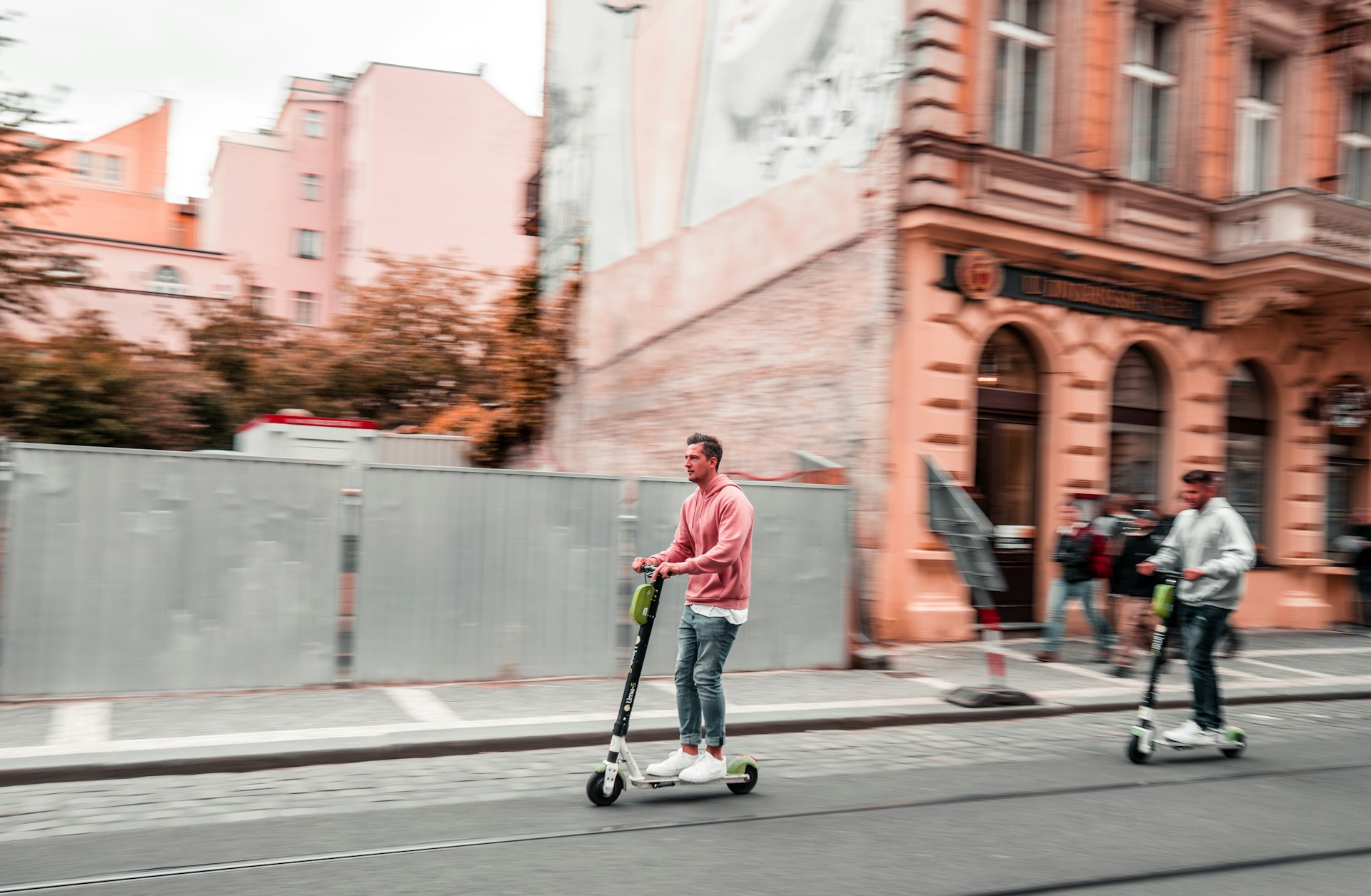
unsplash
While electric scooters are undeniably fun and efficient, they come with significant safety risks that cannot be ignored. Riders often neglect to wear helmets, drastically increasing the likelihood of head injuries in the event of an accident. The small wheels of scooters make it challenging to navigate uneven surfaces, potholes, and debris, which can easily lead to crashes.
Plus, inexperienced riders frequently struggle with maintaining balance and control, particularly at higher speeds or on crowded streets. The combination of these factors results in a higher incidence of accidents and injuries. To address these safety issues, there is an urgent need for improved rider education, mandatory safety gear, and stricter regulations to ensure the well-being of all users.
2. Urban Clutter

unsplash
Electric scooters, while convenient, often contribute to significant urban clutter. Riders frequently leave them haphazardly on sidewalks, creating obstacles that impede pedestrian traffic. This clutter is especially problematic for individuals with disabilities, parents pushing strollers, and the elderly, who may find it difficult to navigate around the scattered scooters.
In many cities, the rapid proliferation of shared scooters has turned public spaces into virtual obstacle courses, making it challenging for everyone to move freely. To mitigate these issues, effective management strategies and designated parking areas are essential.
Until these measures are widely implemented, scooters will continue to add to the chaos and inconvenience on busy streets and sidewalks, detracting from their potential benefits.
3. Maintenance and Durability

123rf
Despite their sleek and modern design, electric scooters are prone to frequent wear and tear. Constant use and exposure to various weather conditions can lead to mechanical failures and battery issues, compromising the safety and reliability of these vehicles. Regular maintenance is crucial to keep scooters in optimal operating condition, but this is often overlooked, particularly in shared scooter fleets where high usage rates and minimal oversight are common.
The rapid turnover of shared scooters also raises concerns about their environmental sustainability, as discarded units contribute to electronic waste. To address these challenges, investing in higher-quality materials and implementing robust maintenance practices are essential.
Ensuring the longevity and sustainability of electric scooters will not only enhance their performance but also reduce their environmental impact, making them a more viable long-term transportation solution.
4. Battery Disposal Issues
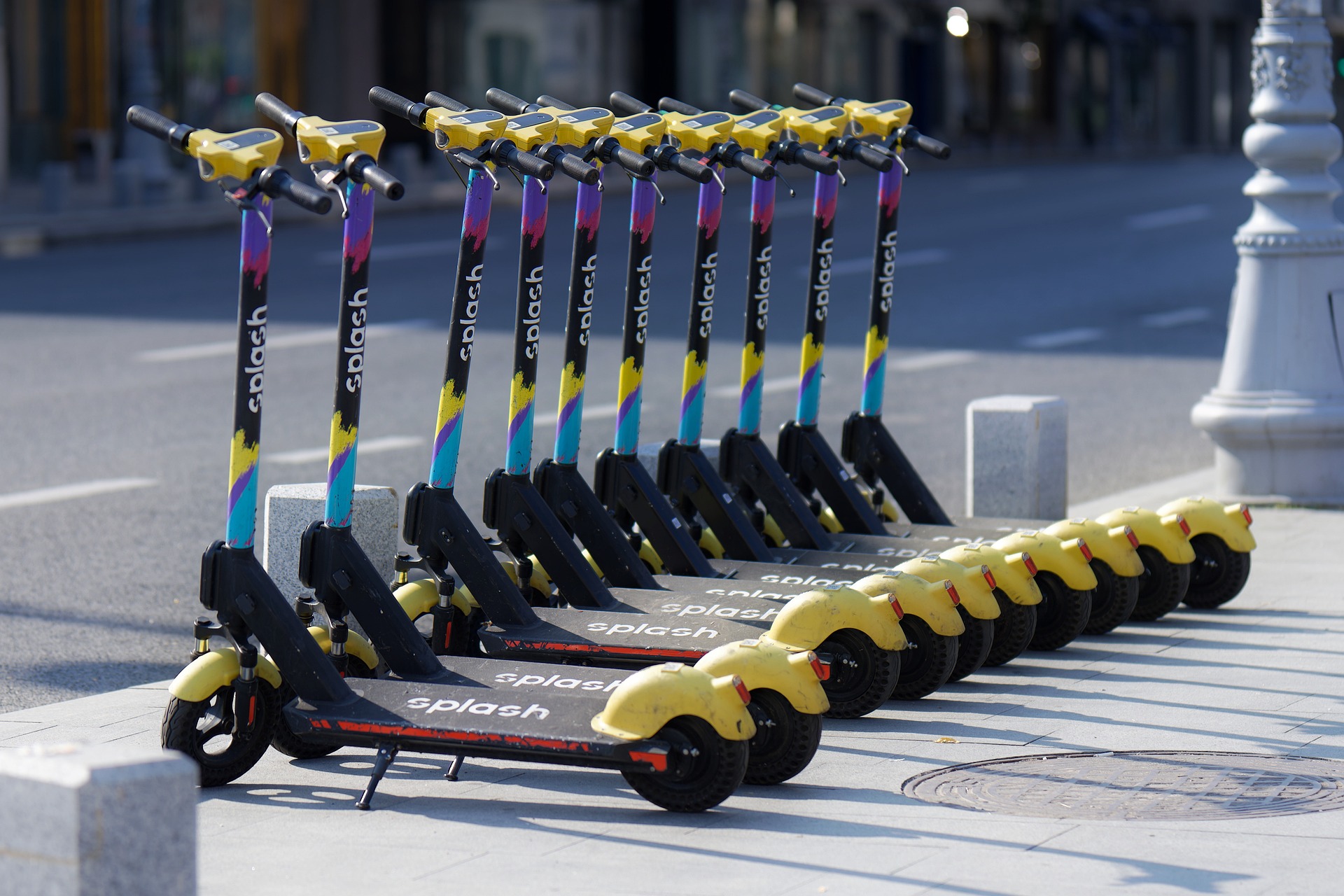
pixabay
Electric scooters rely on lithium-ion batteries, which pose significant disposal challenges. Improper disposal of these batteries can lead to environmental hazards, including soil and water contamination. The mining of lithium and other materials used in batteries has its own environmental impact.
As the popularity of electric scooters grows, so does the need for responsible battery recycling programs. Without proper disposal practices, the environmental benefits of electric scooters are diminished.
5. Insurance Complications

123rf
Insurance coverage for electric scooter accidents is often murky. Many personal insurance policies do not cover scooter-related injuries or damages, leaving riders vulnerable. Determining liability in accidents involving scooters can be complex, especially in cases involving shared scooters.
Riders need to be aware of their insurance options and potential liabilities before hitting the road. The legal landscape surrounding scooter insurance needs to evolve to provide better protection for users.
6. Legal and Regulatory Challenges
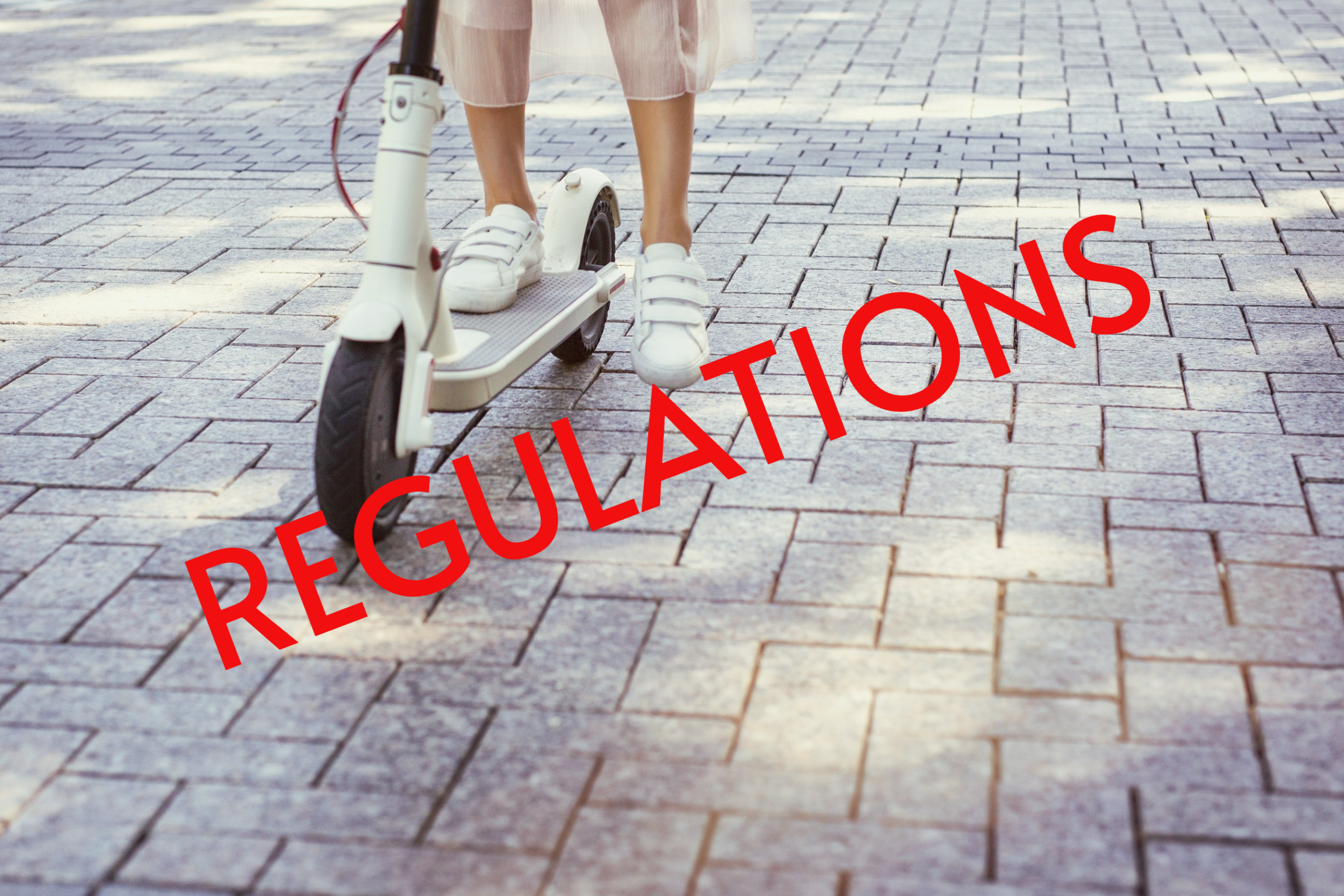
123rf
The rapid rise of electric scooters has outpaced the development of regulations to govern their use. In many cities, laws regarding where and how scooters can be ridden are still unclear. This regulatory ambiguity can lead to conflicts between riders, pedestrians, and motorists.
Cities need to develop clear and consistent regulations to ensure the safe and orderly use of electric scooters. Until then, riders must navigate a patchwork of rules that can vary widely from one place to another.
7. Impact on Public Transportation

unsplash
Electric scooters can both complement and compete with public transportation. While they provide a convenient last-mile solution, they can also draw riders away from buses and trains. This shift can impact public transportation revenue and the overall efficiency of urban transit systems.
Cities need to integrate scooters into their transportation planning to maximize benefits and minimize disruptions. Understanding the role of scooters in the broader transit ecosystem is key to achieving this balance.
8. Weather-Related Issues

123rf
Scooters are not well-suited for all weather conditions. Rain, snow, and ice can make scooter riding hazardous and uncomfortable. In regions with harsh weather, the use of electric scooters may be limited to certain times of the year. Riders need to be aware of weather-related risks and take precautions when necessary. Cities should also consider weather conditions when planning infrastructure and regulations for scooter use.
9. Limited Range and Battery Life
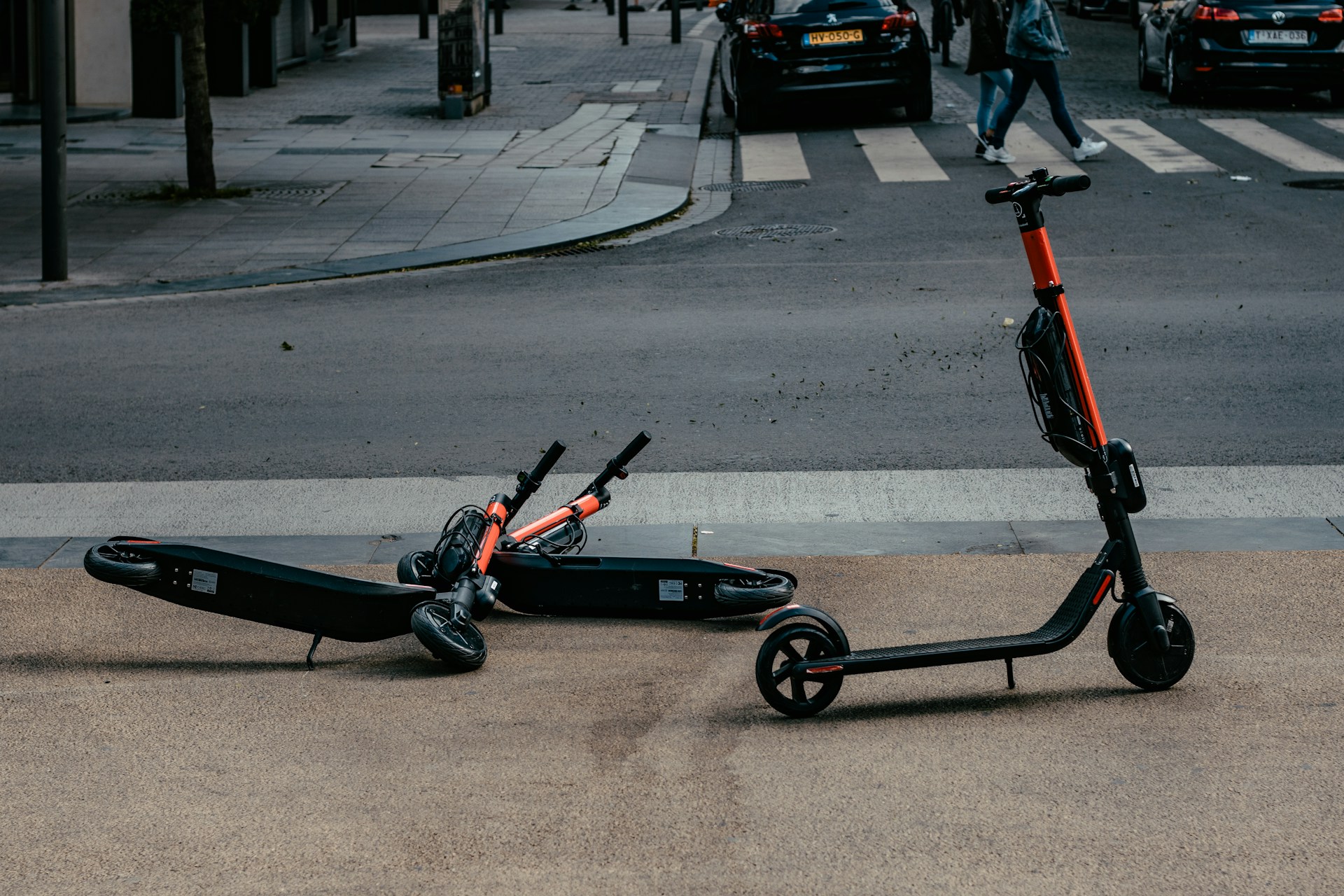
unsplash
The range of electric scooters is often limited, making them unsuitable for longer commutes. Frequent charging is necessary, which can be inconvenient for riders. Battery life can also diminish over time, further reducing the effective range of the scooter. Riders need to plan their trips carefully to avoid running out of battery mid-journey. Improvements in battery technology are needed to extend the range and reliability of electric scooters.
10. Vandalism and Theft

unsplash
Electric scooters are frequently targeted for theft and vandalism. The lightweight and portable nature of scooters makes them easy targets for thieves. Vandalism, including damage to the scooters and their components, is also a common issue. These problems can result in significant costs for scooter companies and inconvenience for users. Enhanced security measures and public awareness campaigns are needed to combat theft and vandalism.
11. Health and Fitness Concerns

123rf
While electric scooters are convenient, they do not provide the same health benefits as walking or cycling. Reliance on scooters for short trips can reduce physical activity, potentially impacting overall fitness levels and weight loss efforts.
Encouraging a balanced approach to transportation that includes walking and cycling is important for public health. Riders should be mindful of incorporating physical activity into their daily routines to maintain fitness and support weight management goals.
12. Accessibility Issues
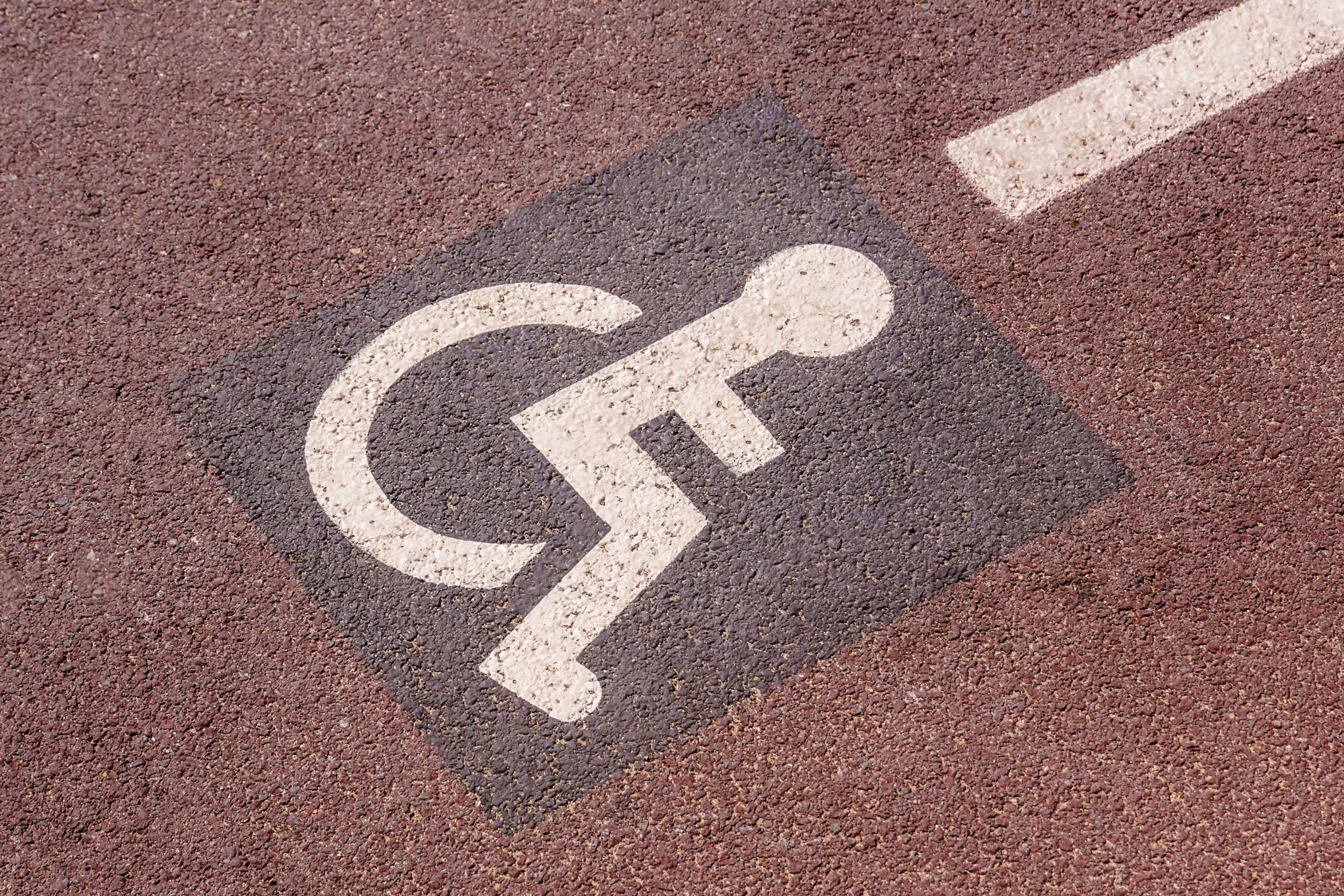
123rf
Electric scooters are not accessible to everyone. People with disabilities or mobility challenges may find scooters difficult or impossible to use. Additionally, the placement of scooters on sidewalks can obstruct pathways, making it harder for those with mobility aids to navigate. Inclusive design and thoughtful placement of scooters are essential to address these accessibility concerns. Ensuring that new transportation options are accessible is crucial for equitable urban mobility.
Ride at Your Own Risk
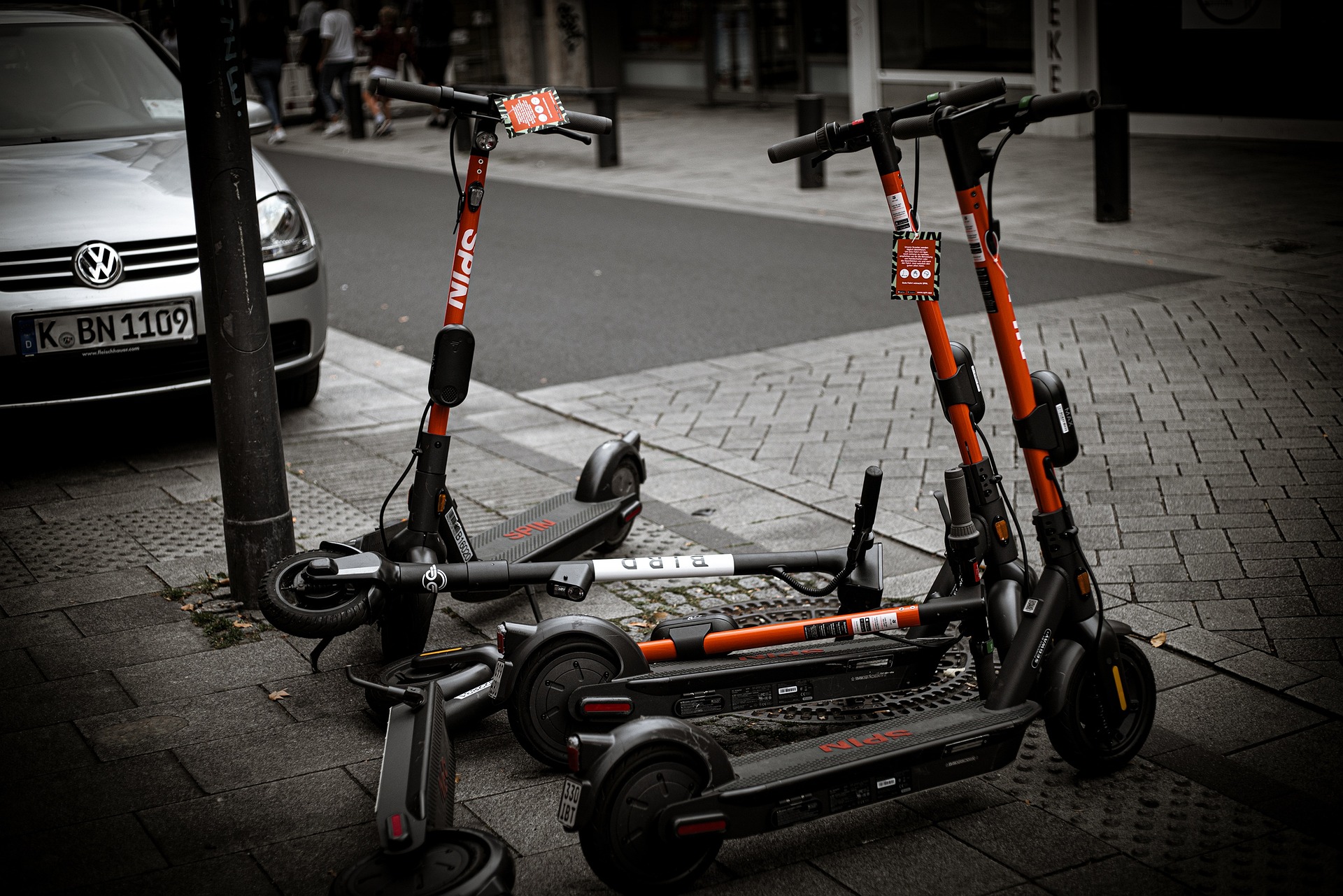
pixabay
Electric scooters offer many benefits, but they also come with unexpected complications. From safety concerns to regulatory challenges, it’s important to be aware of these issues before hopping on a scooter. As cities and companies work to address these complications, riders can contribute by staying informed and riding responsibly. If you’re considering using an electric scooter, take the time to understand the potential risks and how to mitigate them. Together, we can make urban transportation safer and more efficient for everyone.
The post Cold Hard Facts: 12 Unexpected Complications of Electric Scooters appeared first on The Free Financial Advisor.
Read the full article here














